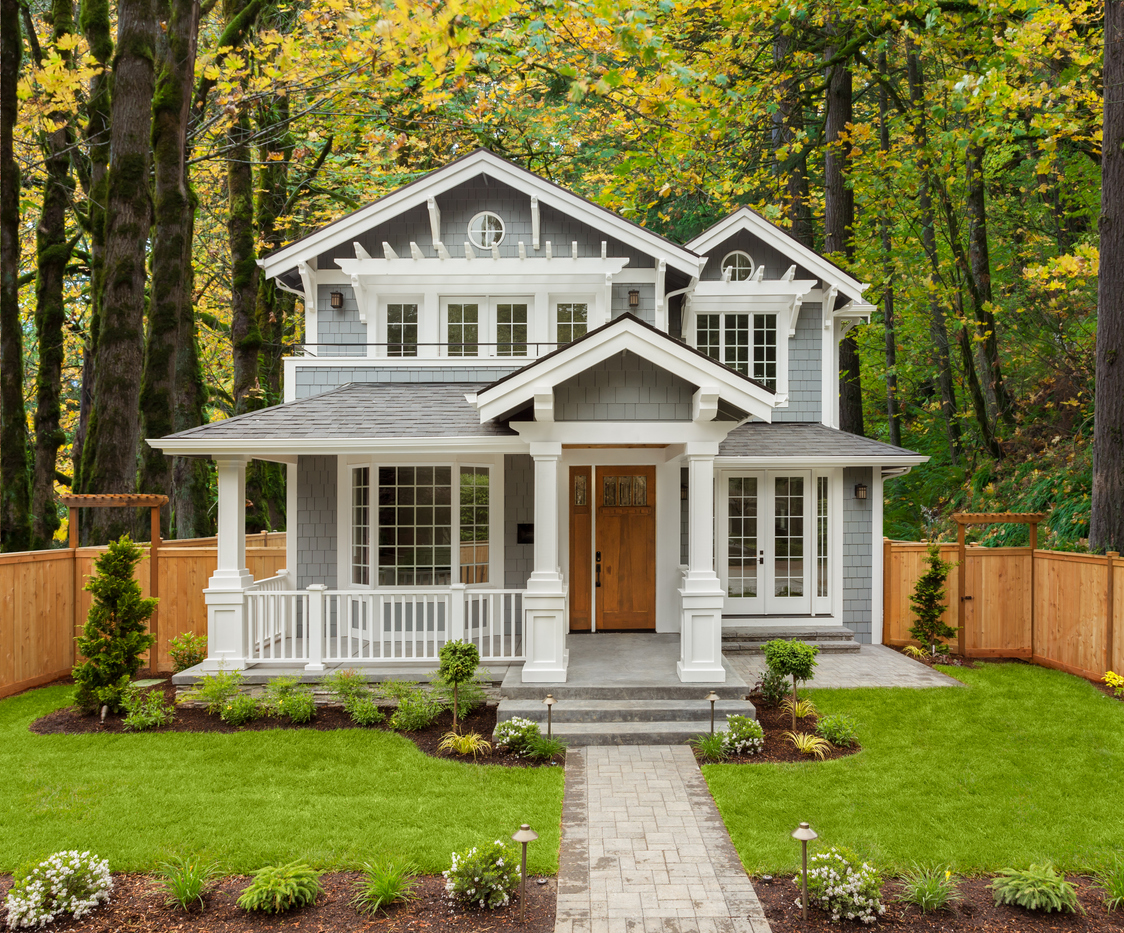You first need to determine where you’re at and what your current and future needs are, says Desjardins financial planner Angela Iermieri: “People who are close to retirement, especially empty-nesters, often realize they’d be better off to optimize their living space.”

Do more with less
As a general rule, smaller costs less. Less taxes, less maintenance, less overhead. And let’s not forget the potential gains from the sale.
“Keeping your home provides great economic leverage, as your home continues to appreciate in value. However, some people have always considered this asset as capital that would serve them well in retirement, and others sometimes reach retirement with a level of debt that’s higher than their forecasts. Selling a home becomes a necessary source of income.”
Many take advantage of the sale to rent an apartment, since they have other plans, like travelling for a big part of the year or buying a cottage, condo or mobile home in a warmer climate.
Tip: For many people, the capital from the sale will be a source of retirement income. To ensure your money lasts as long as possible, make sure you have a good strategy for withdrawing your money and for growing your investments.
Beware of taxes
However, Angela Iermieri encourages homeowners who start this process to consider the possible tax impact, by taking the time to discuss their situation with an advisor and accountant. If they have more than one property, they’ll want to determine when to sell their principal residence, exempted from the capital gain tax. Because it’s always a good idea to take the time to make the right calculations: “Some decisions can have a very significant impact,” says Iermieri.

For instance, if you own a second home, like a cottage, it’s worth your while to explore all the possible scenarios and understand the various nuances so you can anticipate the tax impact.
“Rental property owners should remember that, even if they live in one of the units, the sale of the building, which may have significantly appreciated in value in recent years, will also incur taxes on a portion of the capital gain. 50% of the capital gain calculated on the rented portion is taxable,” says Iermieri.
Reminder for those who buy
If you have forgotten the start-up costs, they will not forget you. Notary fees, transfer taxes, the cost of moving, etc. are to be included in your financial planning. This is about 3% to 5% of the total value of your new property. Yes, regardless of size and cost.
Yann Fortier for Desjardins
Source: www.desjardins.com/co-opme
Images: iStock and Desjardins